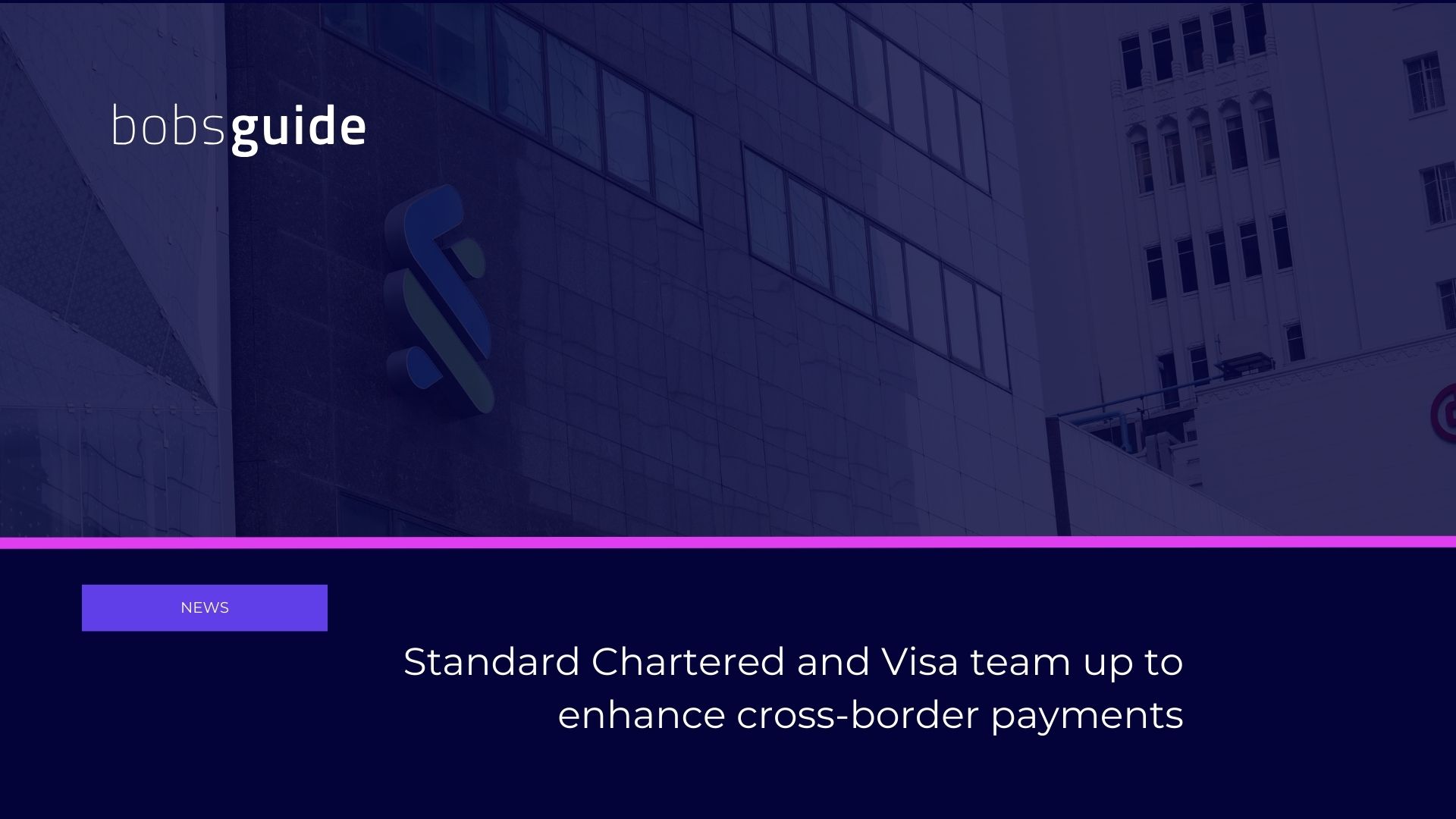
The bitcoin halving aftermath for investors, miners, and the crypto market
- April 23, 2024
- 3 minutes
Latest News

Mastercard deploys AI arsenal to combat $12.5B scam epidemic
Mastercard introduces 'Scam Protect' to combat the rise in digital scams, using AI, biometrics, and open banking to secure transactions and consumer d...
- April 26, 2024
- 4 minutes

Standard Chartered and Visa team up to enhance cross-border payments
Enabled by the Bank’s advanced open banking API capabilities and global market presence, transactions will be routed directly to Visa for further pr...
- April 26, 2024
- 3 minutes

Goldman Sachs sells Marcus Invest accounts to Betterment
Betterment will acquire Marcus Invest customers, streamlining its own digital investment platform. Goldman Sachs will focus on growing Marcus Deposits...
- April 25, 2024
- 2 minutes

5 ways Insurtech drives environmental sustainability in business
As companies strive to reduce their carbon footprint and adopt more eco-friendly practices, the insurance industry has found a powerful ally in insurt...
- April 25, 2024
- 6 minutes

Lithuanian startup Softloans raises €1m to boost SME financing in e-commerce
The Vilnius-based fintech startup has secured €1 million in pre-seed investment round to revolutionise SME lending in the e-commerce sector. With pl...
- April 24, 2024
- 3 minutes

Standard Chartered boosts API adoption with new Open Banking Marketplace
An enhanced plug-and-play platform that focuses on user experience with reduced implementation time by streamlining business-to-bank collaboration....
- April 24, 2024
- 3 minutes

British Caribbean Bank partners with Finastra to revamp its core technology
This strategic alliance with Finastra streamlines BCB's back-office operations, unlocking new efficiencies, reducing costs, and boosting team producti...
- April 23, 2024
- 2 minutes

The bitcoin halving aftermath for investors, miners, and the crypto market
Before the halving, the cryptocurrency traded on a steady note around the $63,000 mark. Just days after the event, the bitcoin price was up 1.6%, hove...
- April 23, 2024
- 3 minutes
SOFTWARE SPOTLIGHT

PayPal Ventures Embarks on AI Journey with Strategic Rasa Investment
This venture not only marks PayPal's inaugural investment in the AI sphere but also introduces its AI Fund, dedicated to fostering innovation by suppo...

 Bobsguide is a
Bobsguide is a